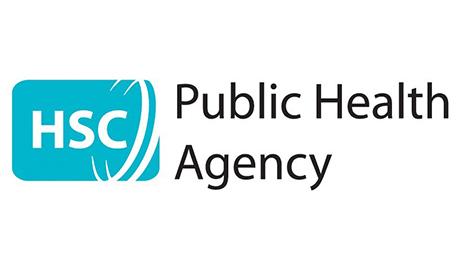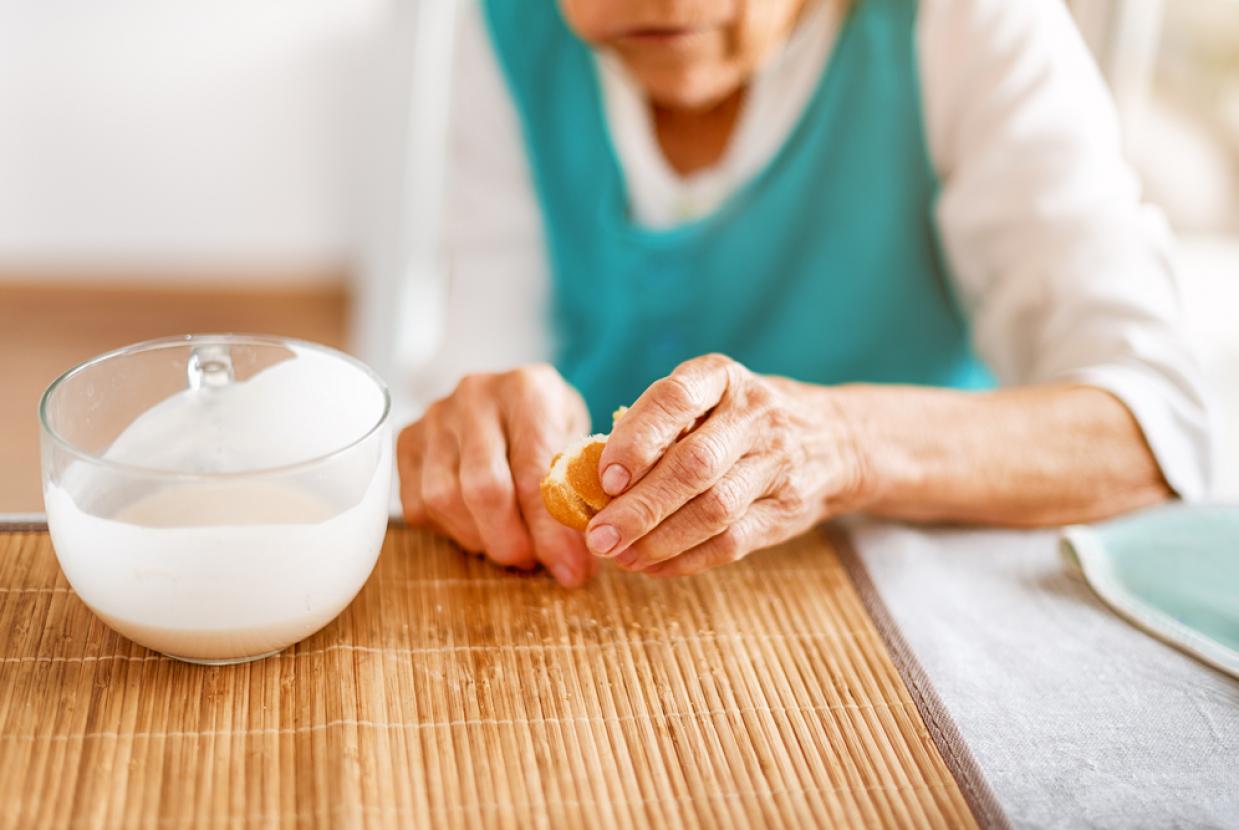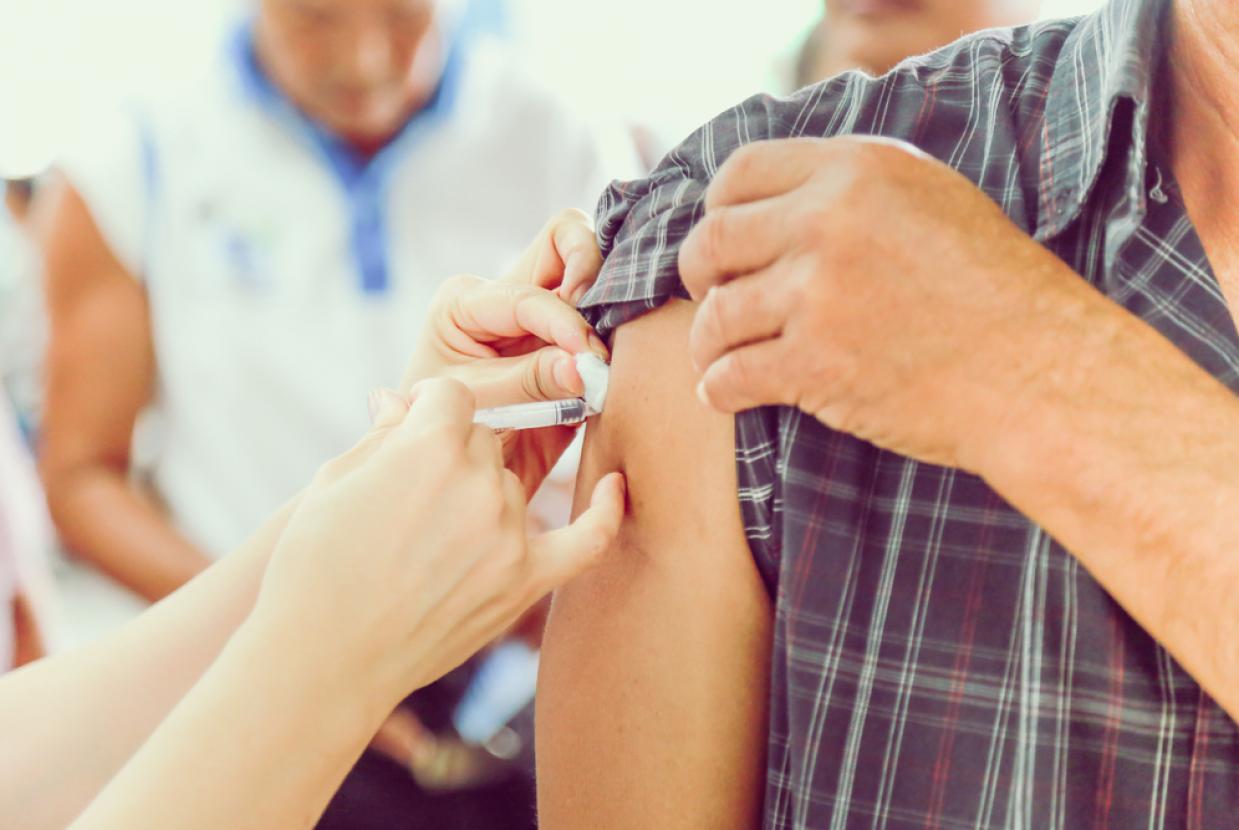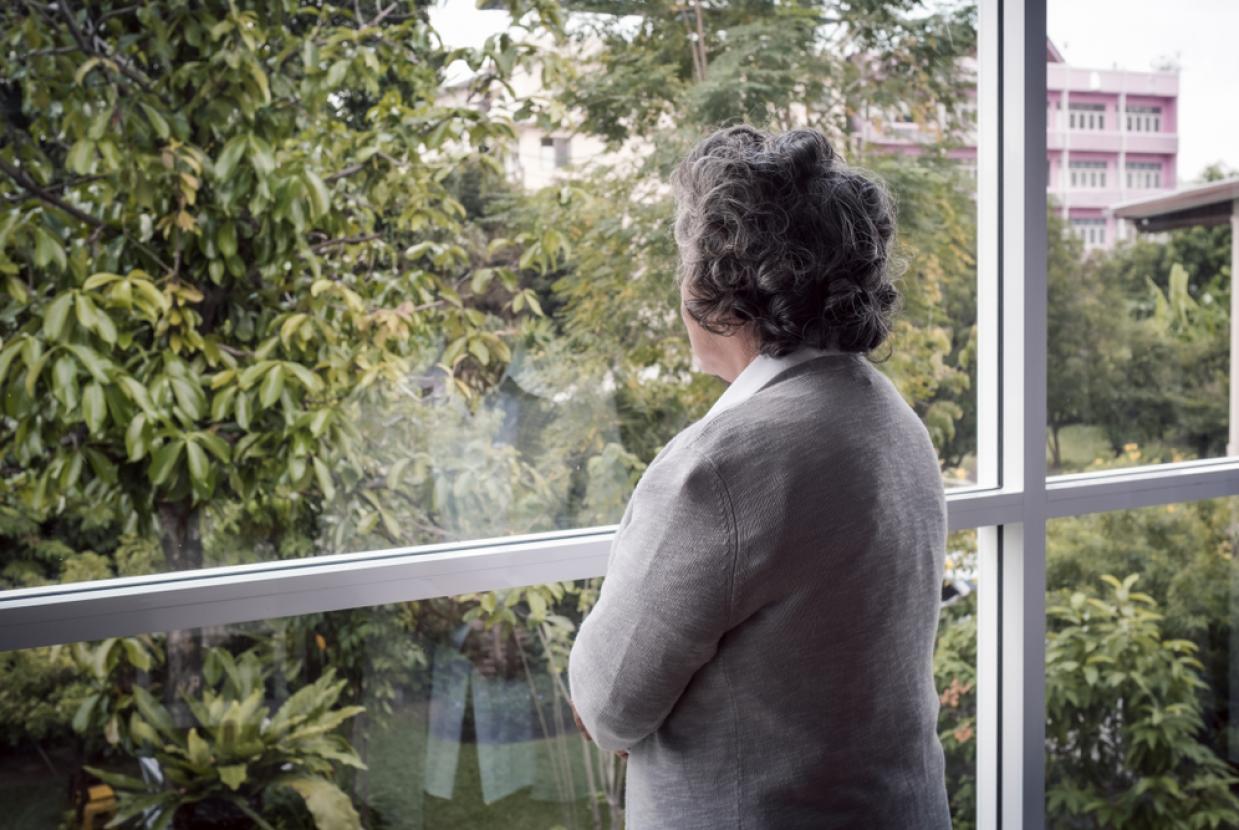Flu Vaccines: Be Winter Ready
Ageing Well / Family HealthFlu occurs every year, usually in the winter. Sometimes flu can lead to serious illnesses or make existing conditions worse. The best way to protect yourself is to get the free seasonal flu vaccine if your GP offers you the vaccine.
Flu vaccine and COVID-19
Flu vaccination is important because:
- more people are likely to get flu this winter as fewer people will have built up natural immunity to it during the COVID-19 pandemic
- if you get flu and COVID-19 at the same time, research shows you're more likely to be seriously ill
- getting vaccinated against flu and COVID-19 will provide protection for you and those around you for both these serious illnesses
COVID-19 Autumn booster vaccine
Some people may be eligible for both the flu and the COVID-19 Autumn booster vaccines. If you're offered both vaccines, it's safe to have them at the same time.
More information about the COVID-19 booster vaccine and who can get it is available at this link:
People who should get the vaccine
Some people are at greater risk from the effects of flu and should get the vaccine when offered it. There’s an increased risk if you:
- are pregnant
- are aged 50 or over, even if you feel fit and healthy
- live in a residential or nursing home
- have an illness or underlying health condition (including children from six months of age)
The annual flu vaccination programme also includes:
- pre-school children aged two years and over
- children at primary school and secondary school (up to Year 12)
- carers – if you care for another person, you should ask your GP if you should be vaccinated so you can continue caring for them
- frontline health and social care (HSC) workers (as defined in the Green Book chapter 14a)
- staff in independent care homes, hospices and domiciliary care providers
- close contacts of immunocompromised individuals
People with illnesses or health conditions
Children over six months old and adults should get the vaccine if they have:
- a chronic chest condition such as asthma
- a chronic heart condition
- chronic liver disease
- chronic kidney disease
- diabetes
- lowered immunity due to disease or treatment such as steroids or cancer therapy
- a chronic neurological condition such as stroke, multiple sclerosis or a condition that affects the nervous system such as cerebral palsy
- a very high body weight (BMI greater than 40)
- any other serious medical condition, ask your doctor if you're unsure
How the flu vaccine works
The flu vaccine cannot give you flu nor will it make you more vulnerable to COVID-19. The vaccine is made from small parts of the flu virus.Seven to 14 days after you get the vaccine, your body makes antibodies to the vaccine viruses. These antibodies help protect you against flu.
Flu vaccine and allergic reactions
If you had an anaphylactic reaction to a previous flu vaccine, you may not be able to get the flu vaccine. The healthcare worker giving the flu vaccines will be able to tell you if this is the case.
If you have any other allergies, for example, egg or latex there may be only certain types of flu vaccines that you can get and you should discuss any allergies that you have with your GP or nurse administering the flu vaccine.
Flu vaccine in pregnancy
Flu infection during pregnancy can be very harmful to mother and baby. Serious complications include:
- pneumonia
- heart problems
- lung problems
The flu vaccine is safe for pregnant women and their babies. If you're pregnant, you should get the vaccine to protect you and your baby from flu, regardless of your stage of pregnancy.
































